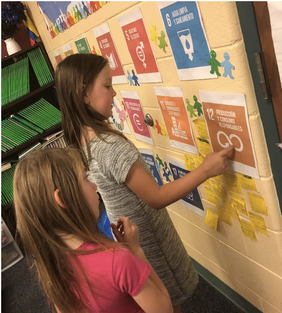 By Ana López Colombia was my inspiration to become a teacher. I was born and raised in a beautiful country that reveals extraordinary natural diversity and social beauty, but also discloses a history marked by inequality, violence and indifference. From my childhood, my education, and my professional background, I have had the opportunity to witness and be inspired by the examples of many courageous people willing to learn and collaborate with other's communities to meet challenges that affect our shared humanity. Their perseverance and commitment cultivated my desire to advocate for positive change by becoming a teacher. My classroom and school provide the opportunity for me to inspire and reveal the interconnection between learning and the construction of a safer and more sustainable and equitable society for all. To do so, the 17 Sustainable Development Goals have become the framework for structuring units of inquiry in which I connect the school curriculum and the North Carolina Standards with the Global Goals. Each of these units aim to answer the question: What can we do to make the world a better place to live by 2030? These units of inquiry also serve as the basis for constant reviews of our actions and their impact, they promote reflection, informed decision-making, initiative, and creative solutions that benefit us all. This approach has allowed my first-grade students to experience firsthand the power of education which does not just happen inside the classroom, but it goes beyond it. It has demonstrated that regardless of their young age, background, or the language of instruction, they can lead the change for a better present and more hopeful future. 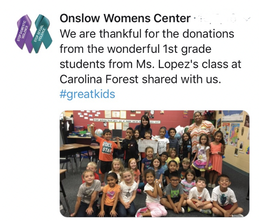 Figure 4: Donations given to Onslow Women Center Figure 4: Donations given to Onslow Women Center For one unit of inquiry named “Building Bridges," which mainly focused on the first six global goals, students learned about the essential elements of a community; children’s rights, needs and wants, causes and consequences of poverty, and how this issue affects communities in the world. As a closure of this unit, students graphed what families needed the most and campaigned to invite close neighborhoods to donate needed items to our local woman’s center.
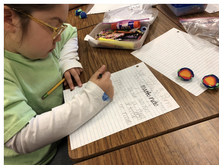 Figure 6: Play-Doh Model of the Layers of the Earth Figure 6: Play-Doh Model of the Layers of the Earth Next, students learned about the layers of the Earth, rocks and natural resources and they explored the world-wide use of plastics. They represented in fractions the amount of resources needed to make t-shirts, toys and paper among other objects. 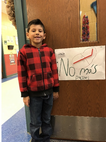 Figure 8: Poster designed by a student to invite the community to stop using plastic straws Figure 8: Poster designed by a student to invite the community to stop using plastic straws My class joined the movement: “No Plastic Straws” and created an herb garden using plastic recycled milk containers from school. To learn about the role we play in the construction of a more equitable and inclusive society, students worked on the unit: “We are all Equal because We are all Different” which main focus was on goals 10, 16, and 17. Students started by identifying the differences and similarities among each other. Then, through a virtual exchange with a class in Colombia, students were able to appreciate what they have in common as well as value cultural differences. Based on their knowledge about human rights, students identified the difference between equality and equity through a photograph analysis activity and by reading pieces of news concerning this problem. From these learning experiences, students recognized the importance of adopting an attitude of kindness and service to others especially towards those who need it the most. To conclude this unit, students participated in a race with children with disabilities and held a Food Diversity Fair to highlight the cultural backgrounds within the class. The benefits of implementing the global goals in the classroom has been very rewarding. This has been reflected by my own students taking initiative to create projects which have had a positive impact in the community. Liliana carried out her own summer project of growing tomato plants and selling them for donations at their moving garage sale. She grew 36 tomato plants and pumpkins and 4 pots of flowers. She gave all proceeds to the World Food Program. 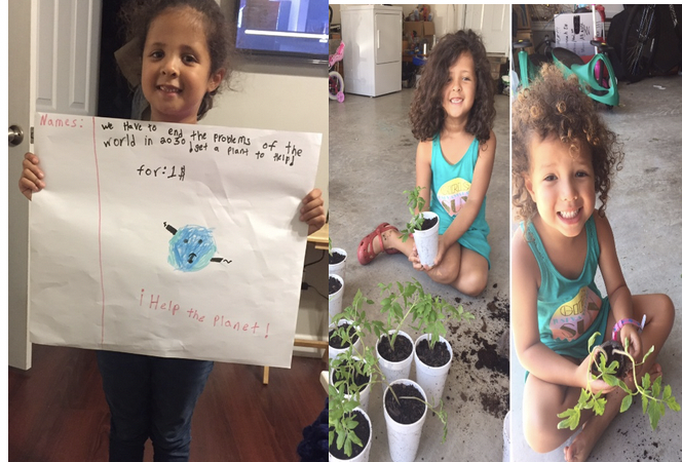 Figure 14: Liliana's summer project Figure 14: Liliana's summer project Alana, for her part, after learning about the water crisis in Flint, visited the city to learn more about this issue and to find a way to help. During their visit, they learned about the Whaley Children Center and the lack of water for the kids who reside there. Alana’s family invited the community to donate money or water. They raised $130 and 48 cases of water were donated. For further information, visit the Web: https://nc02213593.schoolwires.net/Domain/942 or contact me by email: ana.lopez@onslow.k12.nc.us or on Twitter: @Analopez849  Ana López is from Bogotá, Colombia. Ana came to the United States with the Participate teaching exchange program. She has been working at Carolina Forest International Elementary in Jacksonville, NC as a self-contained teacher in a first-grade Spanish full immersion program. She strongly believes education is not covering a wide range of isolated content expected to be recited by heart; it is an instrument of social, economic, scientific and political change especially today, given the monumental global social and environmental challenges that the world is facing and confront each and every one of us. Comments are closed.
|
AuthorSTeachSDGs Team & Contributors Archives
November 2019
Categories |
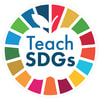
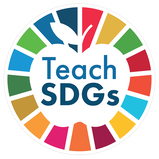
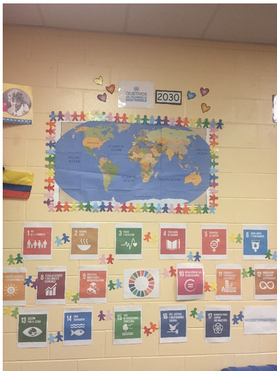
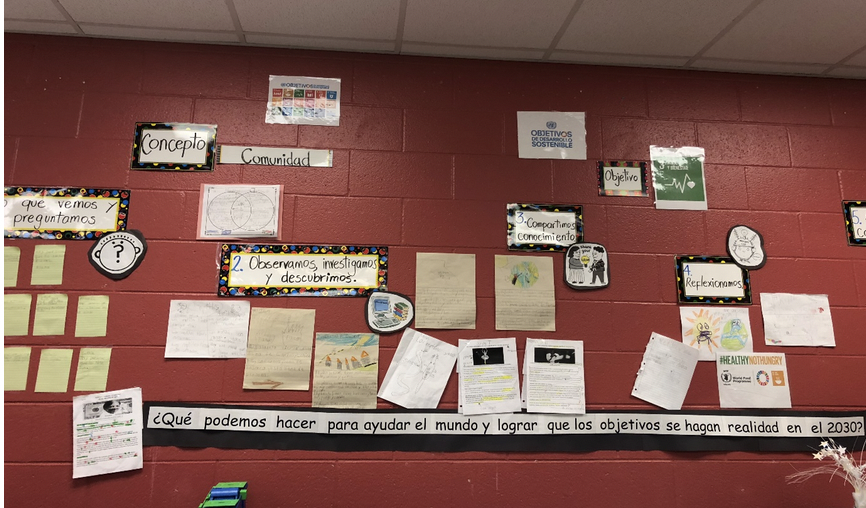
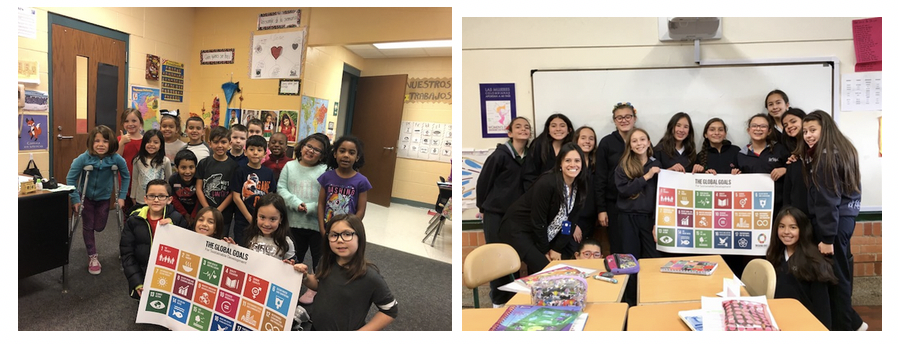
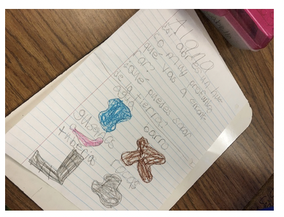
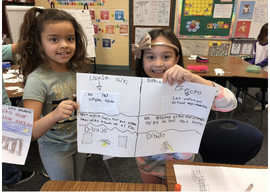
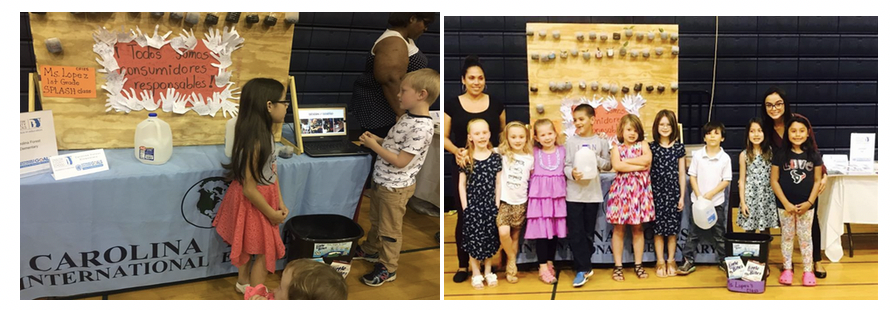
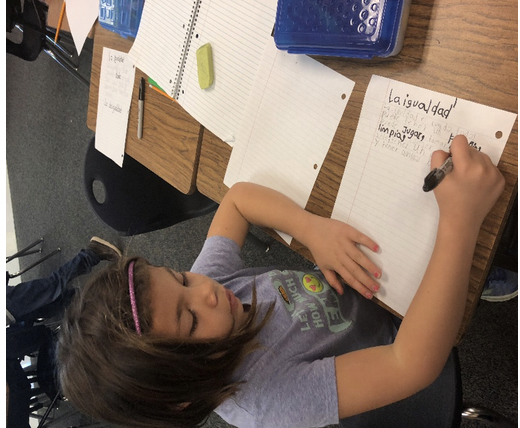
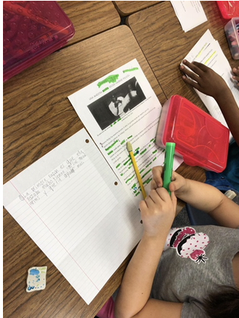
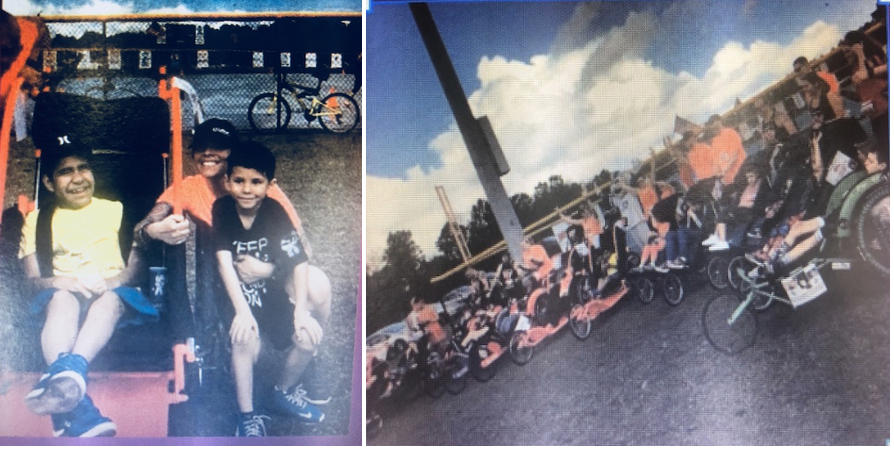
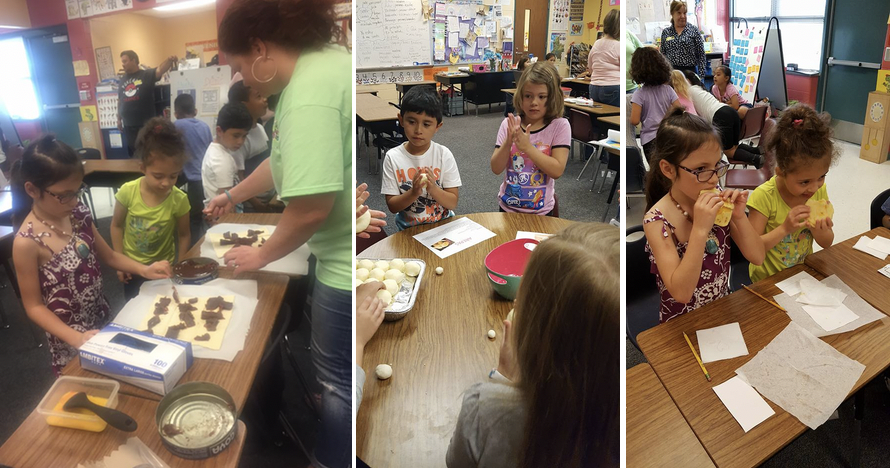
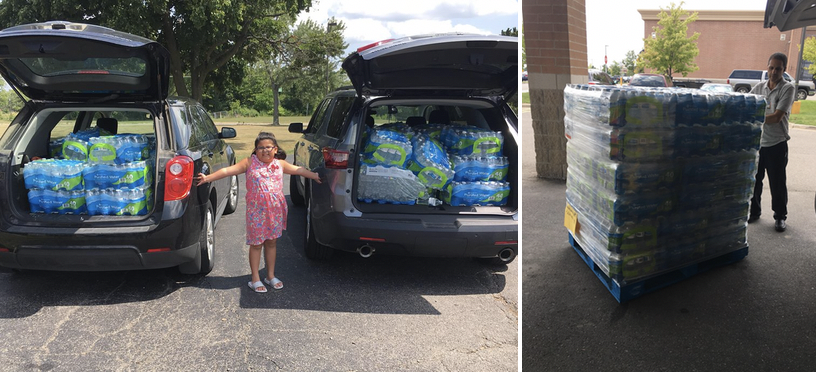
 RSS Feed
RSS Feed